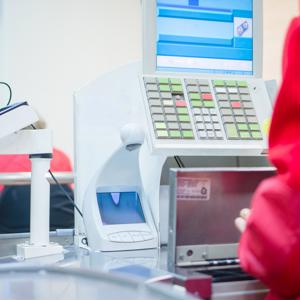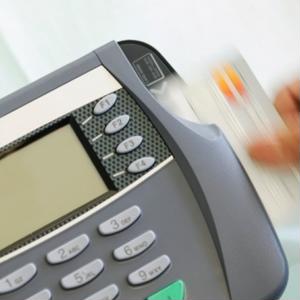What accessories are needed to improve a tablet cash register
Mobility is something that every company is dealing with, and the reason is that these devices have evolved to the point that they can handle business critical tasks. This includes acting as a cash register. However, for it to be successful, there are several accessories needed.
A recent article from TabTimes examined the different peripherals that are available. The list includes mainly traditional tools like a cash drawer, receipt printer, barcode and a credit card reader, as well as a stand for the tablet. If you are using this system to replace a traditional cash … more




 The decision to accept or not accept credit card payments is something that every business owner will need to make. Because it takes research, it is advisable to not wait until the last minute. Proper planning is essential to identifying the best payment service providers for your business.
The decision to accept or not accept credit card payments is something that every business owner will need to make. Because it takes research, it is advisable to not wait until the last minute. Proper planning is essential to identifying the best payment service providers for your business.